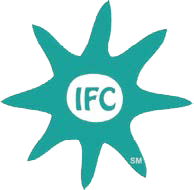Although it is done for love, not pay, caregiving provided by family members is a job. And because it is a job, there is a correct way to do it. This isn’t a new thing. Family members have been taking care of the sick and disabled since the beginning of time. What’s different now is how complex and expensive medicine has become, and how many families are strained by demographic and social changes.
If we were to write a job description for a typical family caregiver, it might read something like this:
Wanted: highly motivated, responsible, caring individual available to give hands-on patient care on a flexible schedule including nights and weekends.
Job Duties:
. Executes skilled nursing tasks such as administering injections, and managing medication
. Able to lift and move considerable weight
. Cooks, cleans, and performs daily household chores
. Provides or coordinates travel to and from appointments
. Monitors and reports patient data, experiences, and behavior to medical providers/insurers
. Willing to personally absorb costs of care that may run thousands of dollars a year
. Negotiates effectively
. Maintains accurate records for medical providers and family members, and
. Willing and able to wrangle with stubborn bureaucracies
Skills and Qualifications: infinite patience; able to quickly adjust to behavioral changes and physical environments; knack for logistics; capable of learning and executing skilled nursing tasks; keenly observant; persuasive, probing investigative mind; high tolerance for stress; background in psychology preferred.
Salary: mostly unpaid
Yet millions of family caregivers have answered this call. And millions more will in years to come. Yes, this is a hard job. But it is a vital job. Our health care system could not function without family caregivers. We want to break down the right way to do it.
-Willetha
